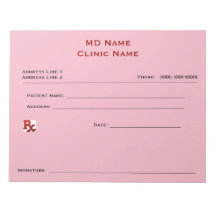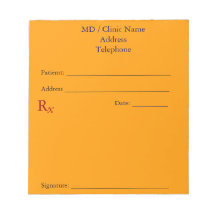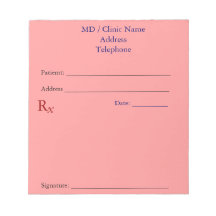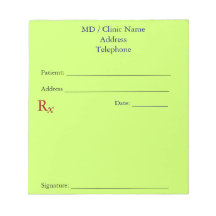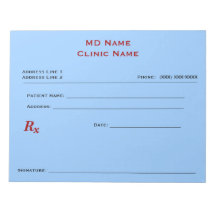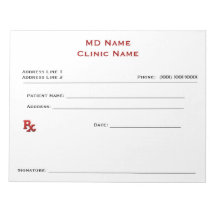What will the relationship with the supervising physician be like?
This was the single greatest concern among everyone I polled. As newly graduated PAs, we are excited about practicing, but we also know we need guidance, support, and mentorship to optimize our value to the practices where we will work. We want, and need, physicians who are willing to share their insights and time to make us the best providers we can be.
What is the salary and benefits package?
Salary and benefits represent another area of concern among recent PA graduates. Most PA students have significant education debt upon graduating and want to repay student loans as quickly as possible. According to the 2016 Statistical Profile of Recently Certified PAs, the average salary of a new PA is more than $92,000 and 77 percent have multiple job offers. We recognize there are differences in salary based on demographics and practice needs, but competitive benefit packages are important, including personal time off and reimbursement for continuing medical education, certifications, and license maintenance.
How would you describe the work environment and culture?
Many PAs chose the profession because they want to make a valuable contribution to a team and provide patient care. Team dynamics and work environment are therefore significant factors when looking for a job. As new grads, it is important for us to be in an environment that supports continued learning. Many PAs enjoy working with other PAs, which can affect which positions we apply for and consider in a job search. As with any other profession, work is much more enjoyable when there is a good staff dynamic.
Can you define the scope of practice?
We have many questions that revolve around scope of practice. What are our typical tasks and responsibilities? Will we assess and manage new patients, or will we be providing follow-up care? What role will we play in patient assessments and performing procedures? We understand that our practice patterns will be closely monitored as we onboard, and we are eager to learn and demonstrate our abilities. But it is equally as important for us to understand the degree of supervision when first beginning work and the degree of autonomy expected after gaining more experience.
Where is the practice located?
The location of practice can be very important. A job search can look dramatically different for someone who wants to work in a rural community compared to an urban community. Some new grads hope to work in a clinic, others would prefer to work in a hospital, and still others would like to have a mix of both. Furthermore, PA practice laws and receptivity to the PA profession by the public and medical community can make a big difference in one’s work life and practice—and can greatly vary depending on geography.
How would you describe the work-life balance?
A common concern among new grads is finding a job that provides a good balance between work and our personal lives. We want to know what is expected in terms of being on call, whether we will have unpredictable hours, and how long is a given shift. The ideal work-life balance looks different for everyone: Some newly graduated PAs want to maximize their time at work in order to cement knowledge gained while at school while others prefer predictable hours and a lighter load while starting out. Addressing this question up-front can outline the expectations of both the physician and PA to help find a great match for the practice.
The practice of medicine is an exciting and dynamic field, and we are eager to get started.
Physicians have an opportunity to find PA colleagues who are fully committed to helping the practice meet its goals. We are capable and dedicated to providing optimal care for patients. We look forward to finding jobs where we can continue to learn and grow.
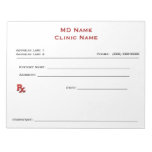



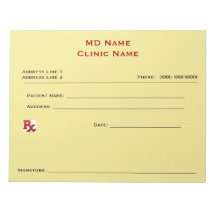
 Manual Prescription Pad (Large - Yellow)
Manual Prescription Pad (Large - Yellow)